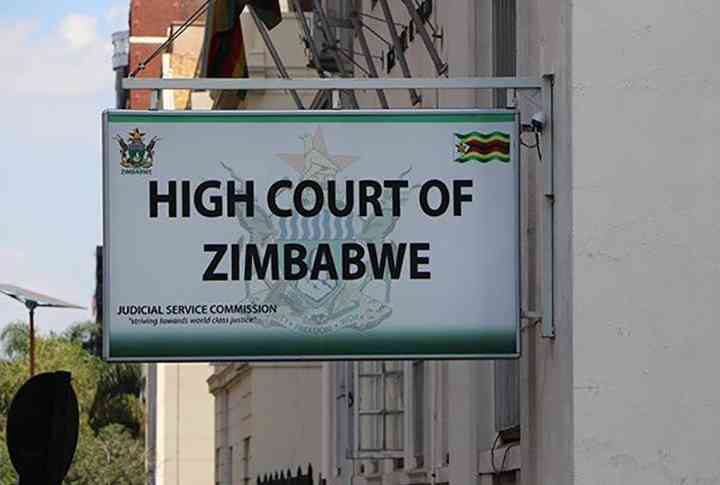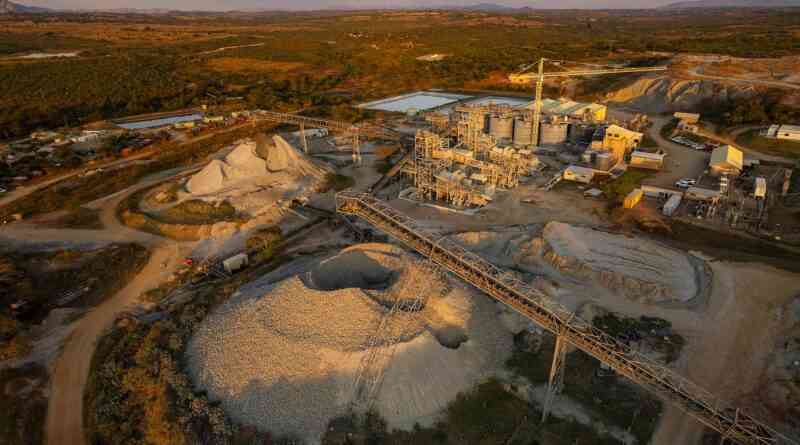
BY VANESSA GONYE
HEALTH and Child Care deputy minister John Mangwiro has said Zimbabwe has not been spared from the devastating impact of climate change, with floods and cyclones as well as droughts leaving thousands facing hunger.
Speaking on the backdrop of this year’s World Health Day commemorations last week, Mangwiro said climate change had the potential to stall the country’s development, and posed serious risk to food security, health and adaptive capacity.
“Our government has shown its commitment to address climate change through our National Climate Change Response Strategy (NCCRS), which seeks to establish specific provisions for dealing with climate change issues, understanding the extent of the threat, and putting in place specific actions to manage potential impacts,” he said.
“In addition, our commitment to develop a climate-resilient Zimbabwe has also been demonstrated by the elevation of the Climate Change Office to a full-fledged Climate Change department.”
Read more . . .
- Climate change in Zim’s vulnerable rural communities
- To what extent does climate change affect food security?
- What’s fuelling Zim’s food insecurity?
- ‘Climate change reduces agric productivity’
United Nations Children’s Fund (Unicef) representative Tajudeen Oyewale said children and young people were the most vulnerable groups to the effects of climate change.
“As extreme weather events such as cyclones, droughts and heatwaves increase in frequency and ferocity, we are seeing the impact on access to water, food and implication for the nutrition of children. While Unicef acknowledges the Climate Change Response Strategy of the government, I call on relevant authorities to put in place risk-informed policies and programmes that place the issues of children and the climate at the centre of national strategies,” he said.
- Chamisa under fire over US$120K donation
- Mavhunga puts DeMbare into Chibuku quarterfinals
- Pension funds bet on Cabora Bassa oilfields
- Councils defy govt fire tender directive
Keep Reading
In Zimbabwe, if not mitigated, climate change will cause average temperatures to rise by about 3°C before the end of this century. Annual rainfall could decline by between 5% and 18%, especially in the south. Rainfall will become more variable. There will be an increase in droughts, floods and storms. This will affect Zimbabwe’s food, security, health, energy supply and the economy.
World Health Organisation country representative Alex Gasasira said women, children and ethnic minorities were the worst affected by climate change.
“There is a need for increased funding to mitigate these effects of climate change and protect those vulnerable. This will contribute to building healthier populations in line with the universal health coverage goal of leaving no one behind,” he said.
- Follow Vanessa on Twitter @vanessa_gonye










